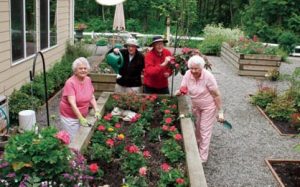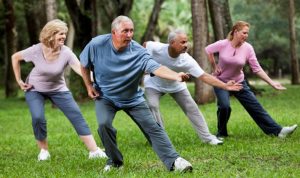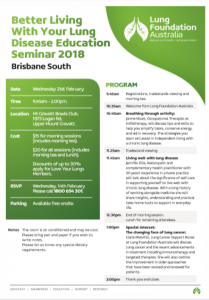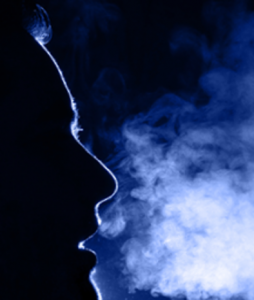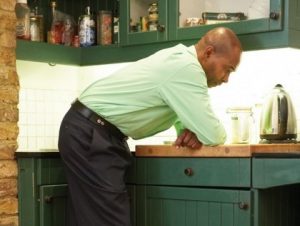Breathlessness itself is fatiguing and its easier to sit and rest and let someone else do the job at hand. This is great in the short term and having friends and family assist gives us a lovely feeling of connectedness. But its a sliding scale when we begin to delegate more and more for others to do and we are engaging in less activity than ever before.
We can lose independence sooner than what could have been as arms and legs decondition and instability and weakness prevents access to things that use to bring enjoyment and engagement outside of the home.
The solution? Delegate the hardest things that involve heavy lifting or bending and manage your breathlessness as would an athlete in training to keep the moderate tasks to maintain fitness and mobility. Work out a plan with your practitioner and family to ensure you are maintaining your ability for good quality of life.